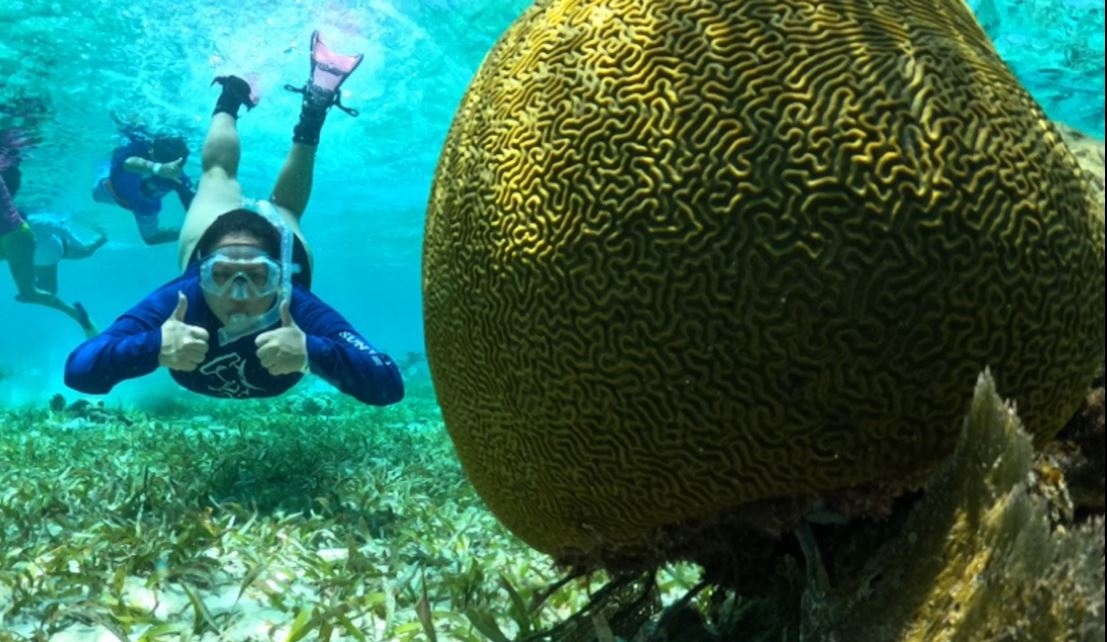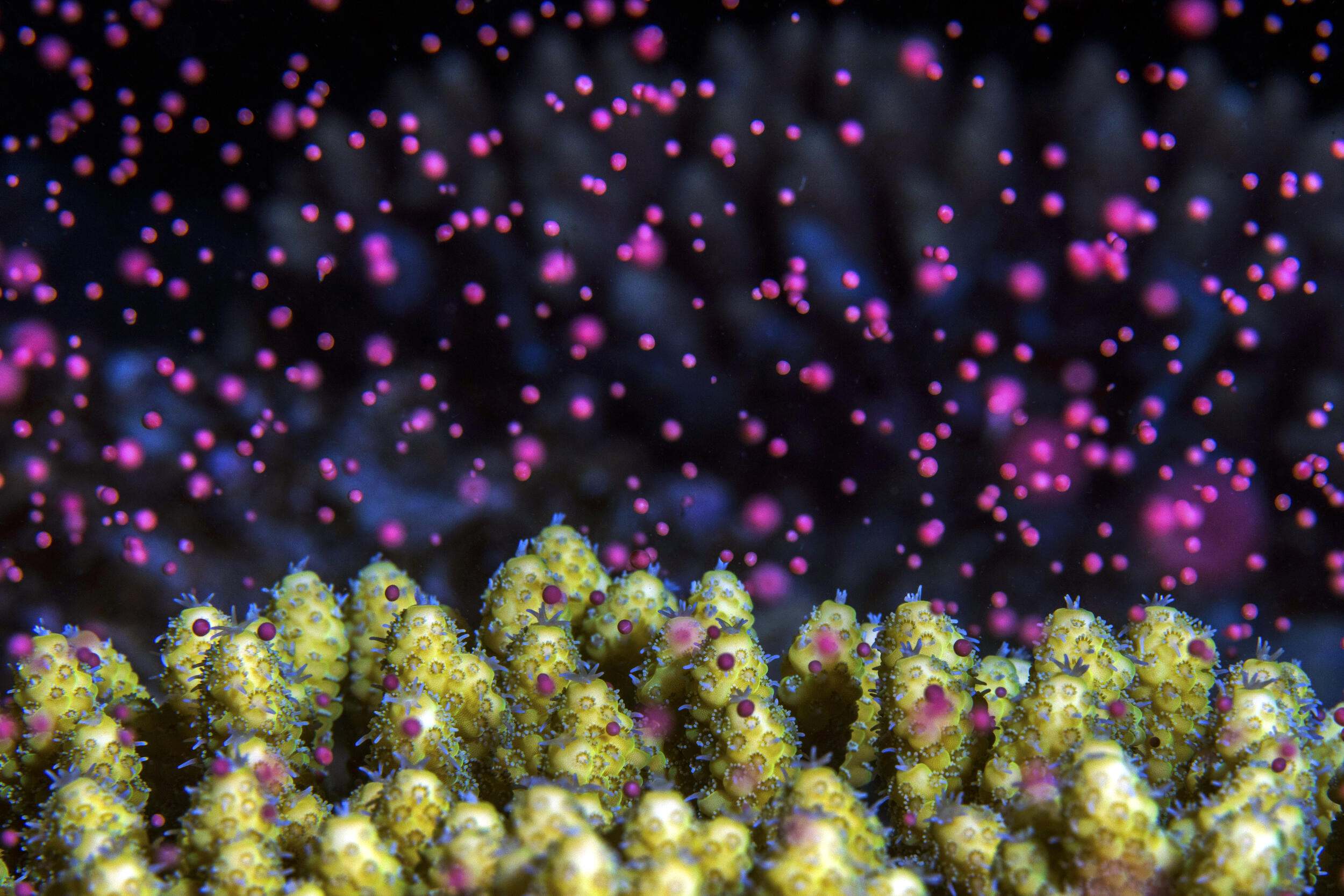Coral reef disease is difficult to manage, and this study explored the efficacy of reserves on promoting coral health. It is understood that human activities, particularly over-fishing, are a detriment to corals. Marine reserves are one management tool for addressing over-fishing. This study compared coral response to acute and chronic stressors inside and outside of a protected area in the Great Barrier Reef in Reserves. Less disease was found within the reserve compared to outside of the reserve. This is likely due to minimized damage of corals inside reserves where fishing is not permitted. Physical harm and tissue damage reduces coral resilience and leads to more occurrence and severe disease. However, pollution, specifically from runoff, and poor water quality led to similar cases of coral disease inside and outside of reserve boundaries. This result suggests that water quality is a serious threat to coral health, including nutrient enrichment and hypoxia, but especially algal blooms. The combined stress of diminished water quality and physical harm likely causes higher disease prevalence outside of reserves, but the fine sediments and pathogens in runoff threaten corals within reserves as well. Environmental disturbances, as well as proximity to land-based pollution, should be considered when determining the placement of marine reserves, as they are important for protecting and building resilience in coral reefs. This study also calls for consideration of terrestrial conservation to support the success of nearby marine reserves and recognizes the need to continue studying activities that elevate or moderate disease.
Authors: Lamb, J.B., A.S. Wenger, M.J. Devlin, D.M. Ceccarelli, D.H. Williamson, and B.L. Willis
Year: 2016
View Full Article
Philosophical Transactions of the Royal Society B 371: 20150210. doi:10.1098/rstb.2015.0210


